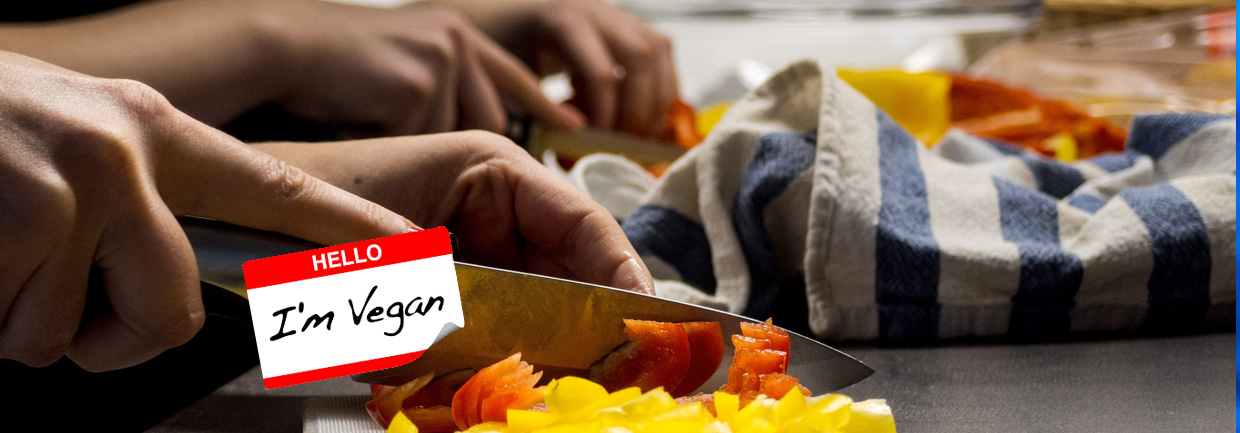
Supportive vegan communities
Although acceptance of vegan diets is growing more rapidly than ever, prevailing cultures worldwide can make change of any kind difficult for individuals. Social pressures around gender, cultural identity and food exert significant force to maintain the status quo. Consequently, the significance of community should never be underestimated for successfully transitioning to veganism. The following text suggests strategies for locating and fostering supportive vegan communities.
The importance of community
Although acceptance of vegan diets is growing more rapidly than ever, prevailing cultures worldwide can make change of any kind difficult for individuals. Social pressures around gender, cultural identity and food exert significant force to maintain the status quo. For some, family dynamics are a source of discord and pushback. Children, teens and young adults face parental disapproval, while adults new to veganism struggle to introduce other members of their families to new foods. For others, work places can become hostile environments. Any disruption to a group dynamic can cause stress, and new vegans, perhaps already experiencing insecurity, can feel guilty or encounter resentment when requesting special meals at work dinners or special events.
Some will attempt to avoid confrontations by concealing their veganism, which is neither sustainable nor psychologically healthy behavior, and most importantly, silence is not helpful to the animals we want to save. Consequently, the significance of community should never be underestimated for successfully transitioning to veganism.
Finding and creating vegan communities
Reminding ourselves why we wish to adopt veganism, educating ourselves in order to gain confidence and seeking supportive community outside existing peer groups, families and work environments can help to ameliorate uncomfortable situations and enhance communication with non-vegans.
Community can take many forms. Online vegan communities abound on social media sites and can be helpful in suggesting recipes and identifying local restaurants and groups for in-person support and education. Popular podcasts catering to vegan education contribute an easily accessible source of connection for vegans regardless of experience. While attending vegan-themed festivals and conferences can require travel and extra expense, they can be life-altering experiences, enabling us to engage with other vegans and reminding us that we are an important part of a growing movement.
As evidence of the popularity of veganism, most college campuses have groups dedicated to vegans and those interested in helping animals. School campuses also provide opportunities to create cohesion where it is lacking. Being proactive by leafleting or creating a vegan group allows us to meet like-minded individuals and simultaneously grow the social movement to help animals. Representatives from anti-speciesist groups like Animal Ethics and others, as well as, some sanctuaries are happy to present lectures on college campuses. In addition to bringing people together, these events encourage dialogue and ensure the plight of animals remains visible in the public sphere.
Opening one’s home to potluck meals has the advantage of being an inexpensive way to encourage diverse people to network, socialize and have fun while sharing vegan food in a casual setting.
Finding a comfortable community mitigates the loneliness some people experience when transitioning to veganism. Even one supportive friend can make a difference. So, whether your personality dictates worldwide networking or small intimate circles, identifying and nurturing those connections will help ensure a continued commitment to veganism and to the animals.